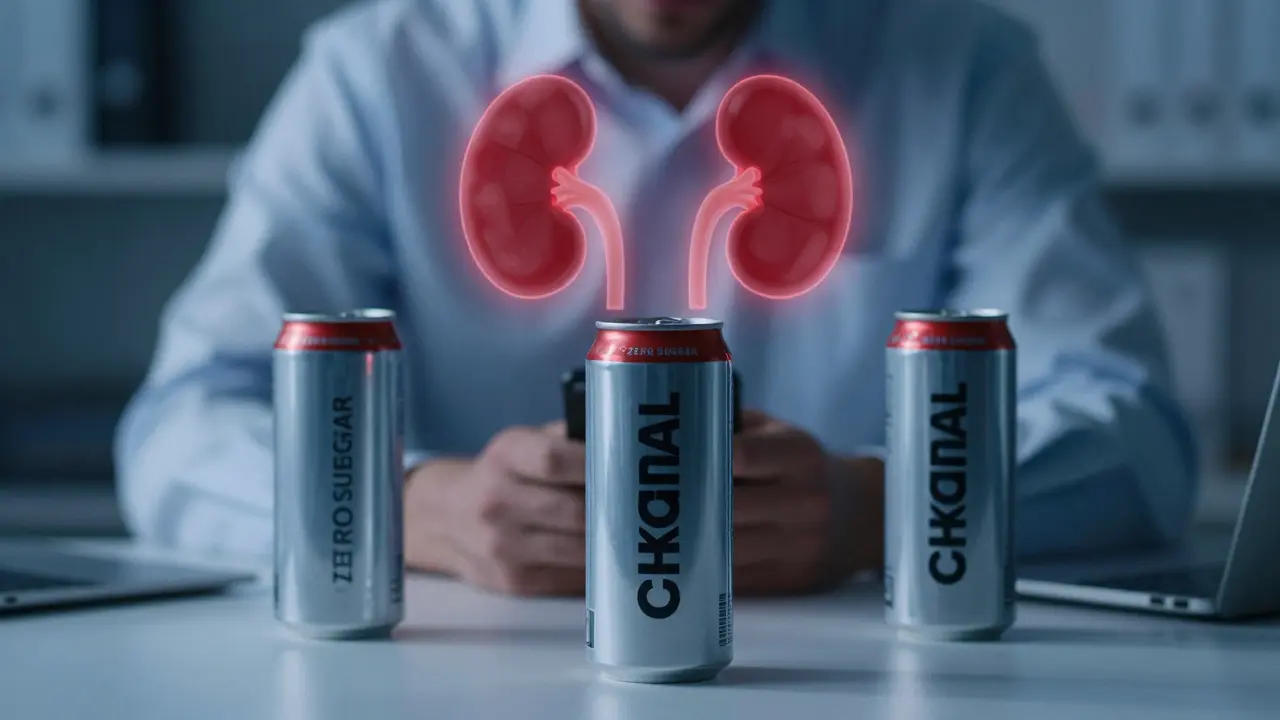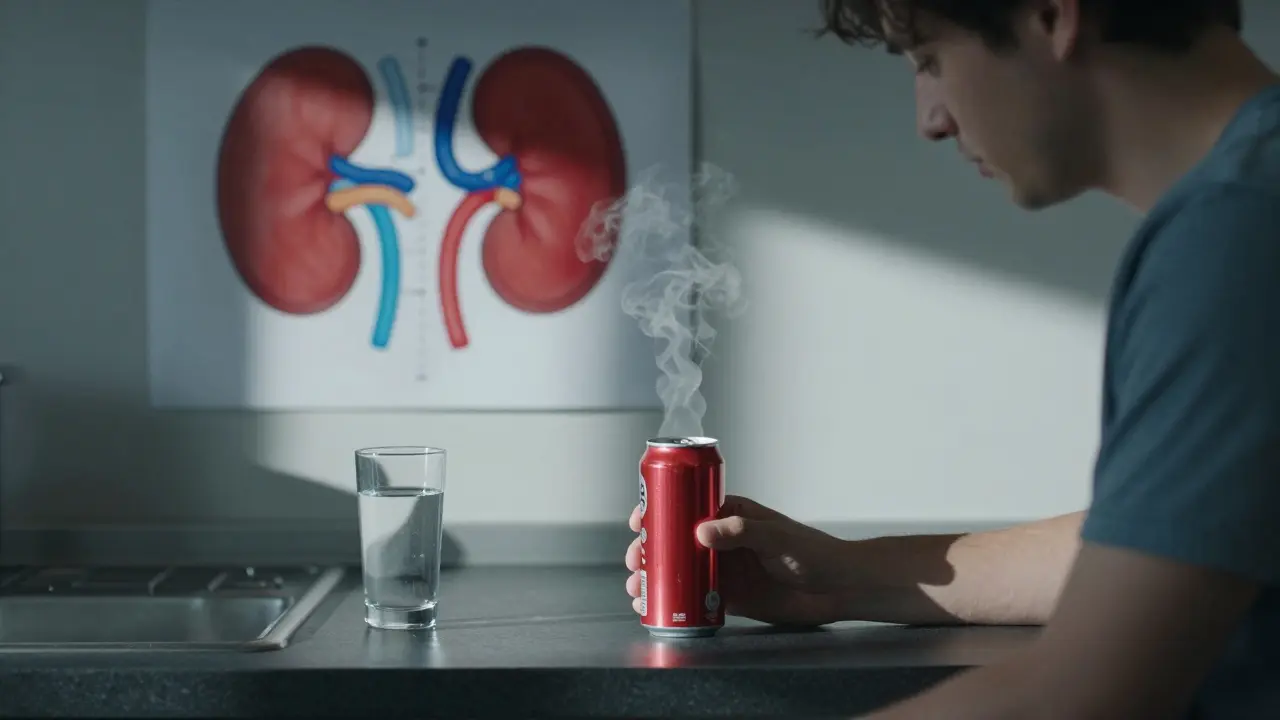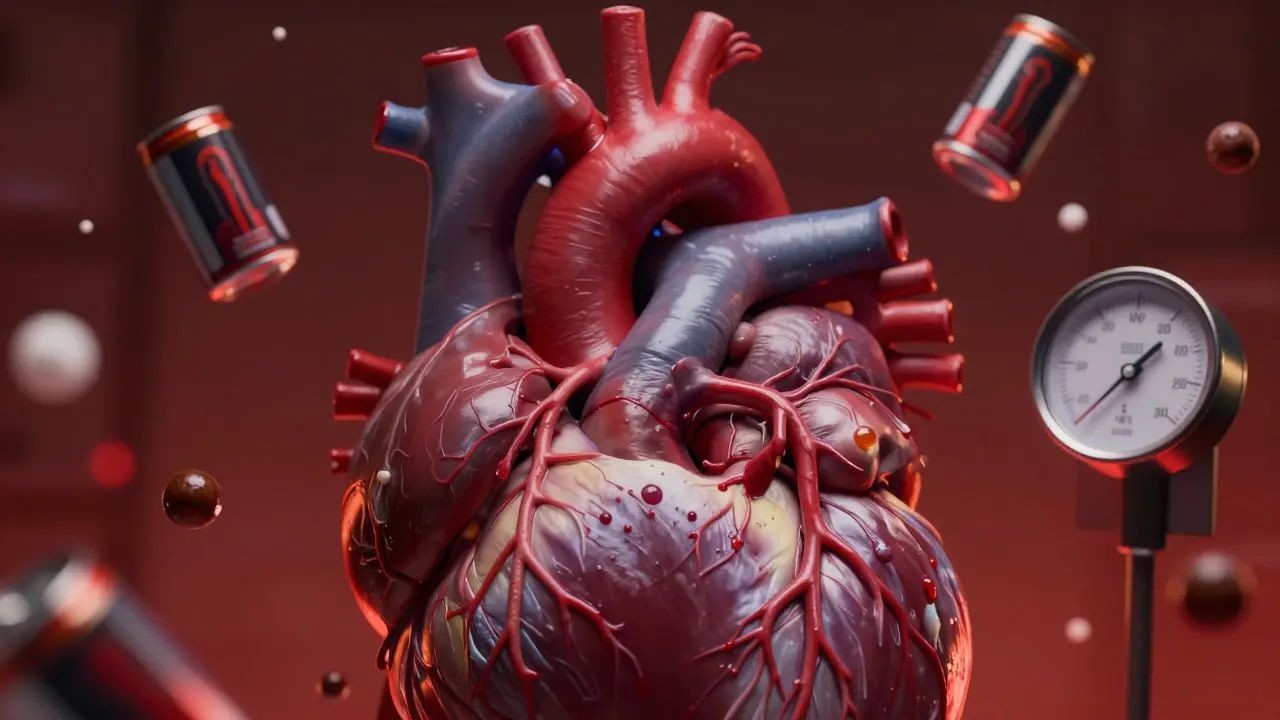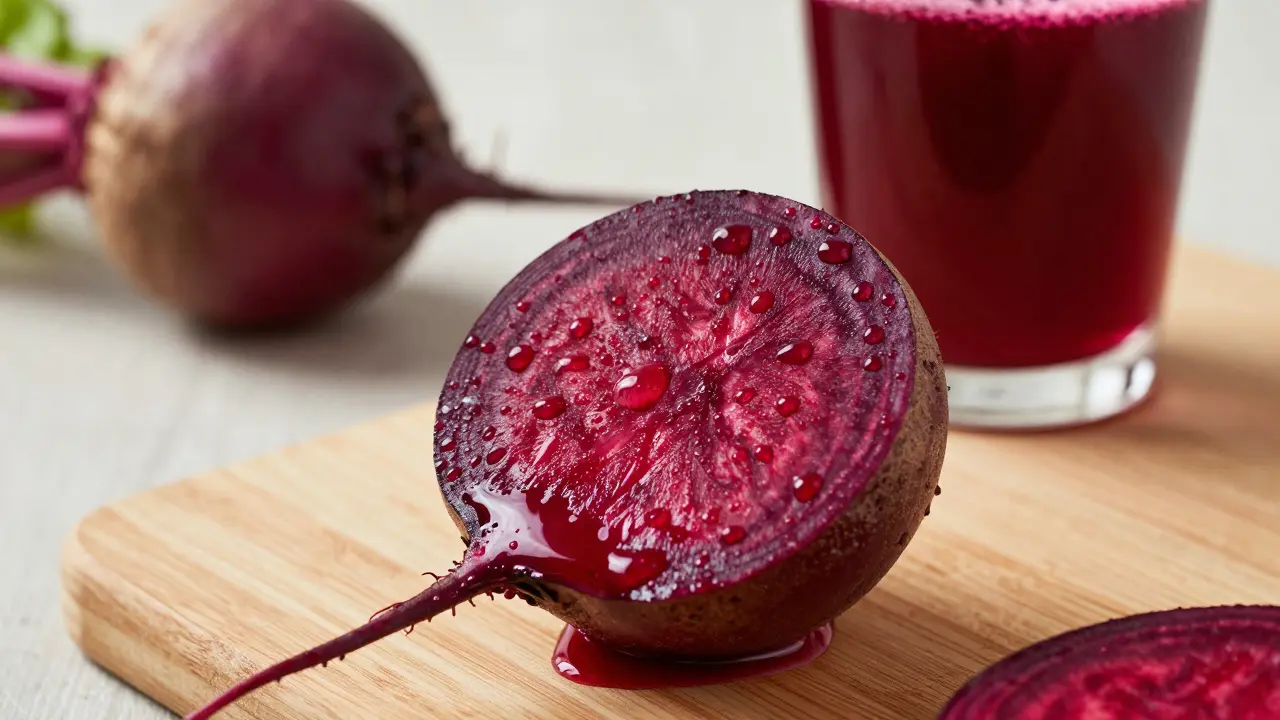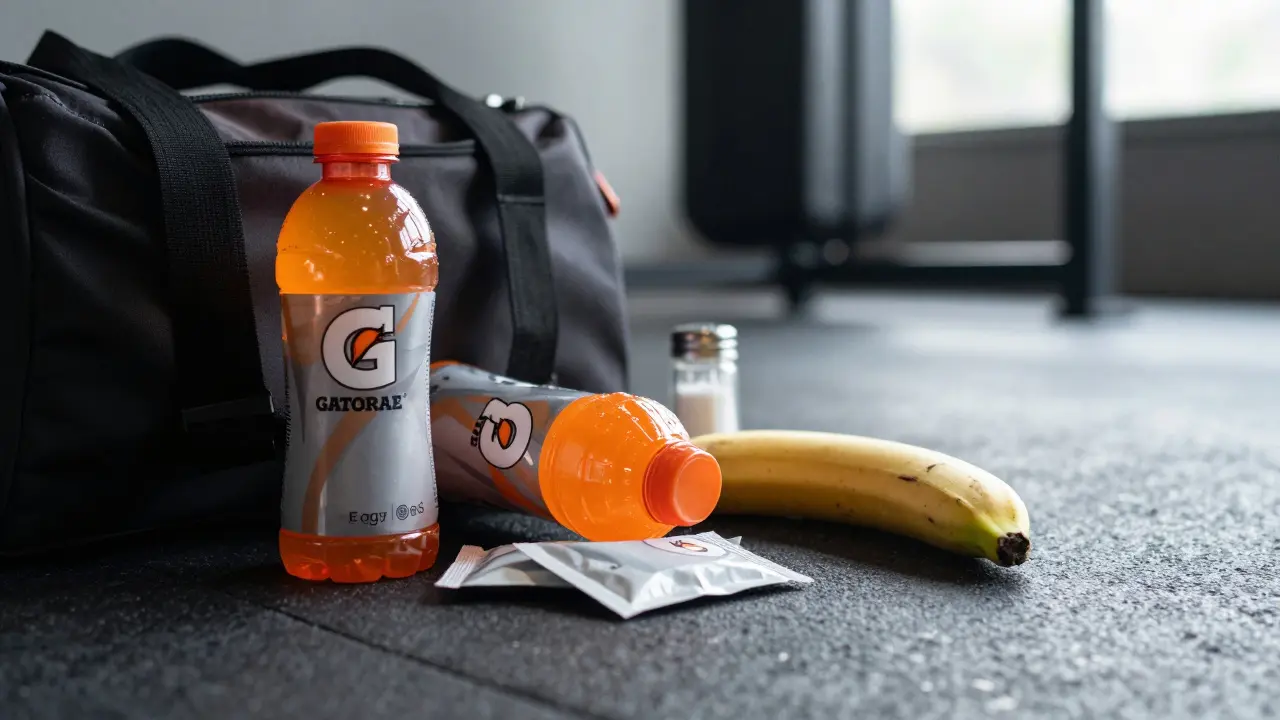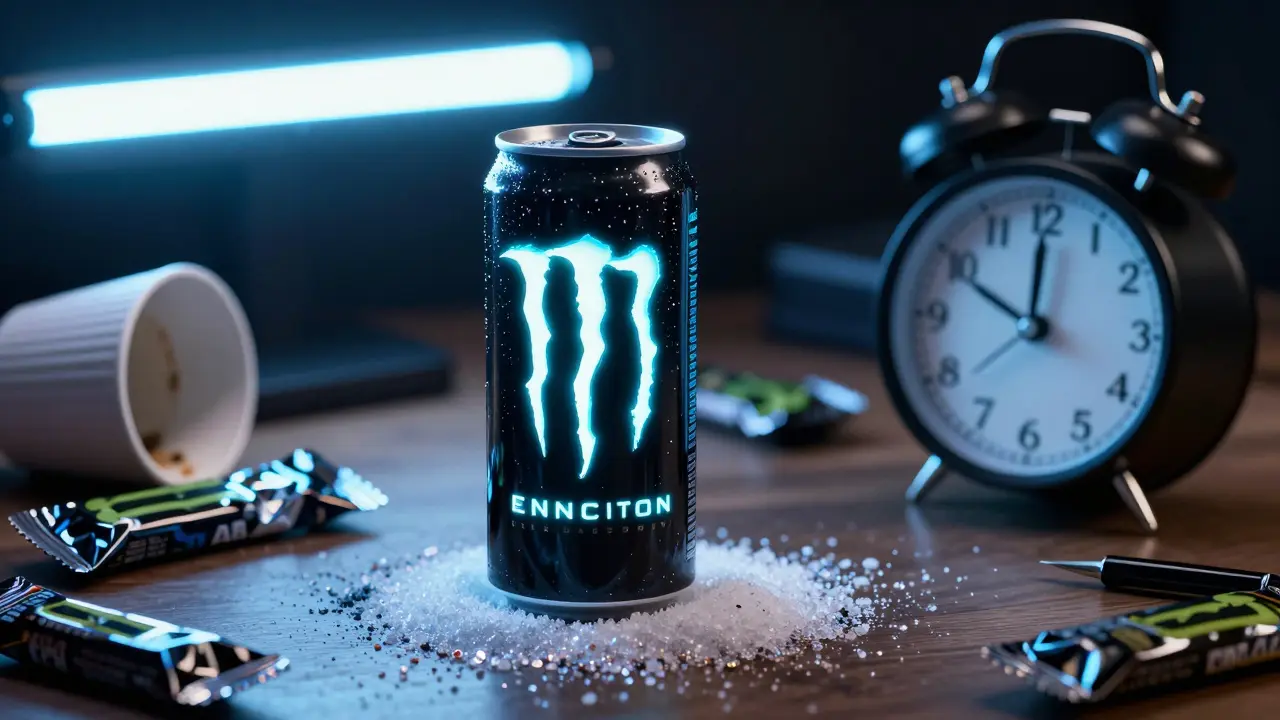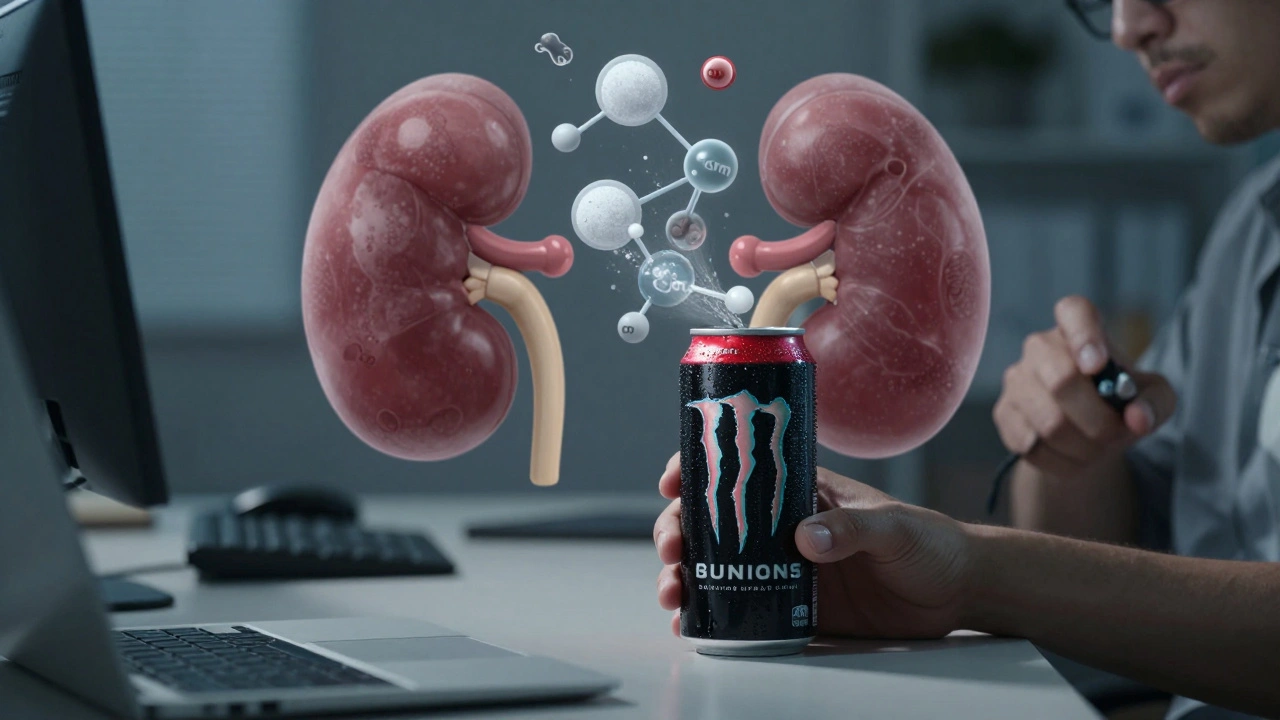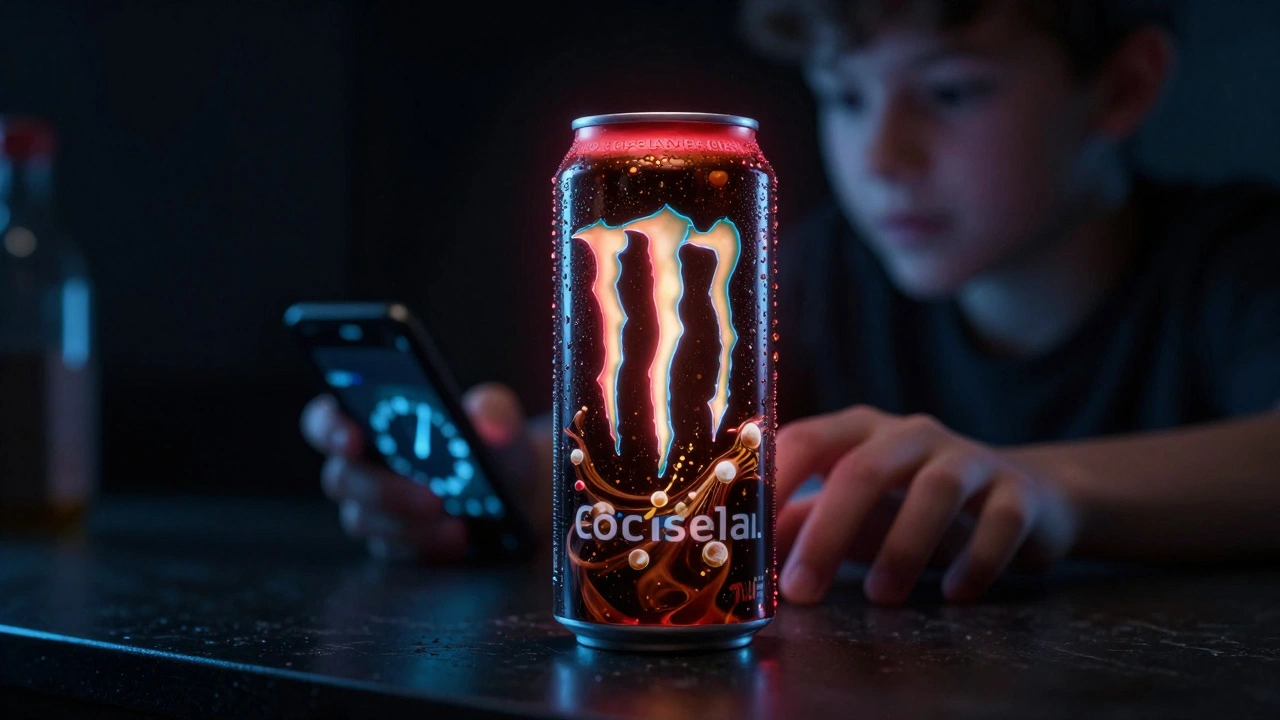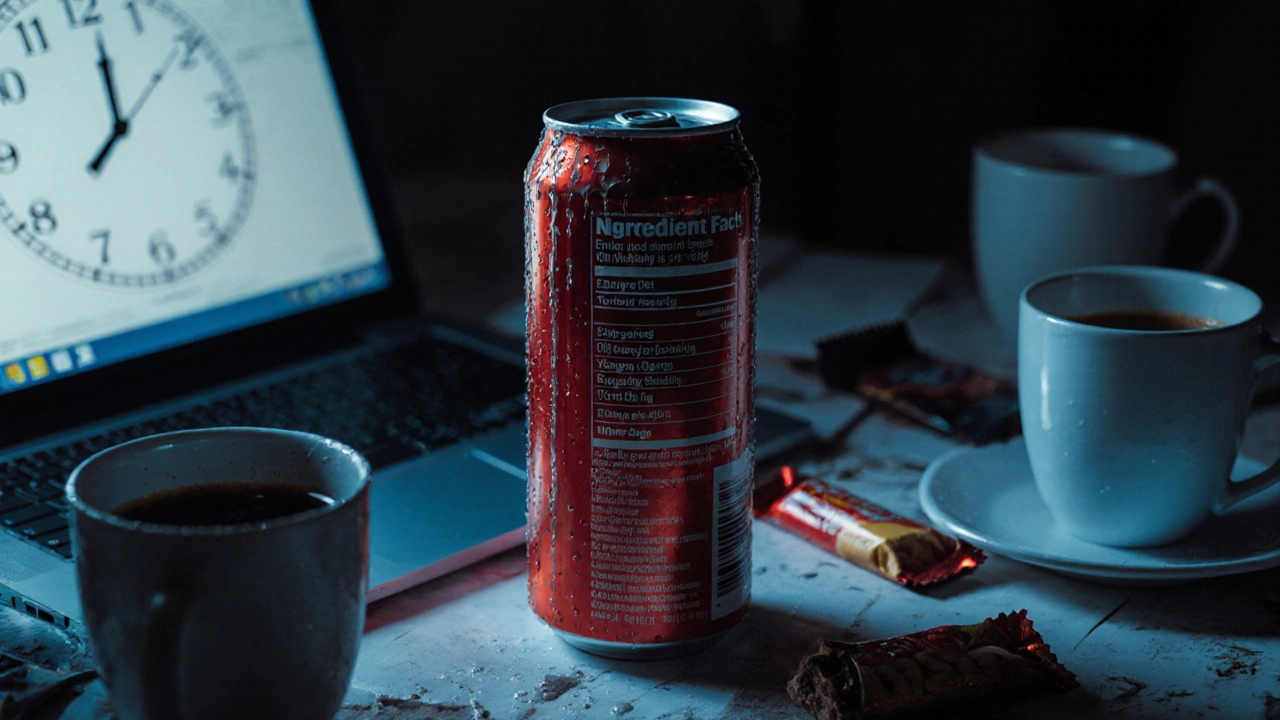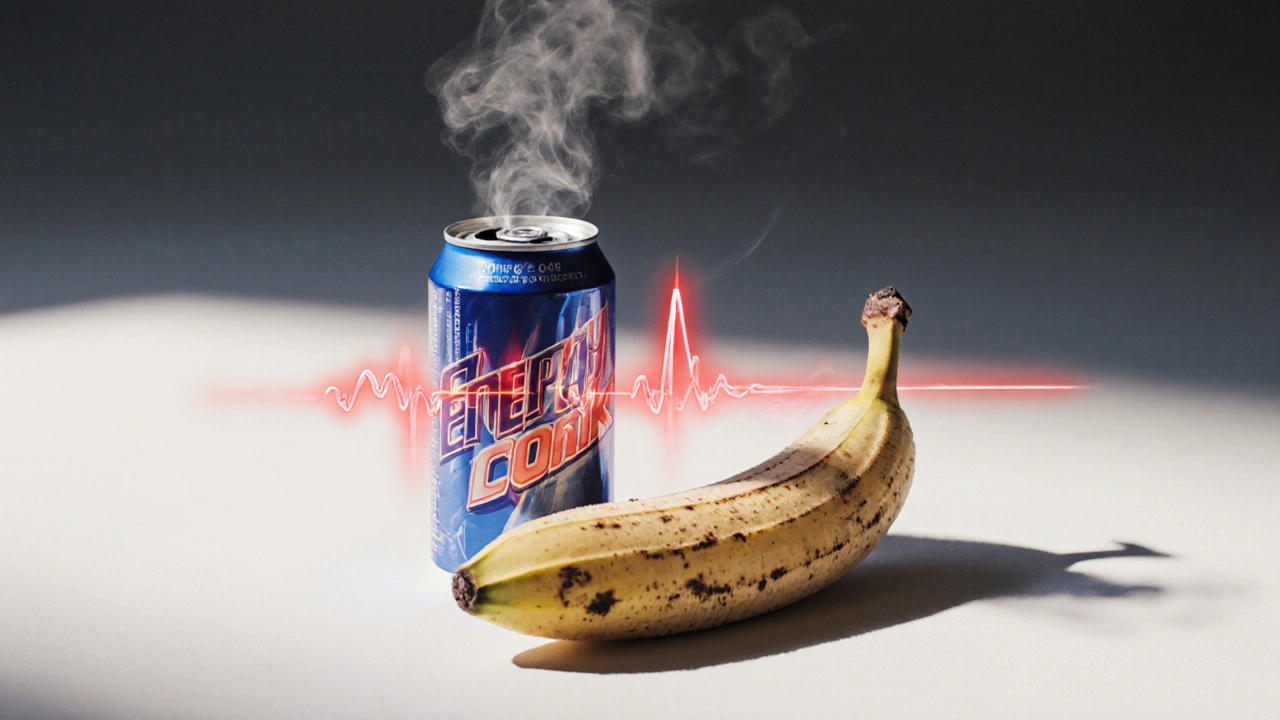Energy Drinks: What You Should Know Before You Sip
Energy drinks have become a go-to for many looking to boost their alertness and get through long days. But what’s really behind these colorful cans? Let’s break down what energy drinks are made of, how they affect you, and why they’ve become so popular.
What’s Inside an Energy Drink?
Most energy drinks pack caffeine, sugar or sweeteners, and other ingredients like taurine, B vitamins, and sometimes herbal extracts. The caffeine amount varies but can sometimes be higher than a cup of coffee. This blend is designed to increase energy and focus quickly. Knowing exactly what’s inside helps you decide if it’s right for your body and lifestyle.
The Buzz Around Energy Drinks: Benefits and Concerns
People enjoy energy drinks because they deliver a fast pick-me-up. They’re handy before workouts, long work hours, or when you need to stay sharp. However, drinking too many can cause jitters, heart palpitations, or sleep problems—especially if you’re sensitive to caffeine. It’s smart to check labels, watch how much you consume, and avoid mixing them with alcohol.
Energy drinks are not one-size-fits-all. Some brands focus on low-calorie options while others mix in extra ingredients for sports performance. Remember, reading reviews and staying updated on trends can guide you to safer and better choices that suit your needs.
If you’re curious about new releases or want honest facts about energy drinks and their impact on health, Spam Energy offers insight that keeps it real and easy to follow. Whether you’re a longtime fan or just trying them out, keep your energy smart and safe.
Zero sugar energy drinks may seem healthy, but daily consumption can strain your kidneys through artificial sweeteners, acids, and high caffeine. Learn the risks and how to protect your renal health.
Energy drinks can stress your kidneys through caffeine, sugar, and dehydration. Regular use increases kidney stone risk and may cause long-term damage. Learn what science says and how to protect your kidneys.
Energy drinks overload your heart, liver, and kidneys with caffeine and sugar. The heart bears the biggest risk, but long-term use can cause lasting damage to multiple organs-even in healthy people.
Swap your energy drink for water with sea salt and lemon to avoid crashes and boost real, lasting energy without sugar or stimulants. A simple change with big results.
Drinking four energy drinks a week may seem harmless, but the sugar, caffeine, and stimulants add up over time. Learn how this habit affects your heart, sleep, and metabolism-and what to drink instead.
No energy drink truly opens arteries. While some contain ingredients like L-citrulline, the high caffeine and sugar content actually restrict blood flow. Real artery support comes from beetroot juice, green tea, and hydration.
Sports drinks aren’t gone-they’ve changed. With sugar crackdowns and better science, the old sugary bottles are fading out. Here’s what’s replacing them and what you should actually be drinking after exercise.
The unhealthiest drink ever isn't soda or alcohol - it's the standard energy drink. Packed with sugar, artificial sweeteners, and unregulated stimulants, these drinks damage your metabolism, sleep, and heart. Here's what's really inside and what to drink instead.
Energy drinks, soda, and alcohol put serious stress on your kidneys through sugar, sodium, and dehydration. Learn which drinks cause the most damage and how to protect your kidney health.
Taurine in energy drinks isn't harmful alone, but combined with caffeine and sugar, it can spike heart rate, disrupt sleep, and pose risks for teens and those with health conditions. Here's what you need to know.
The #1 unhealthiest food isn't a burger or candy-it's your daily energy drink. Packed with sugar, artificial chemicals, and hidden stimulants, these drinks damage your liver, heart, and metabolism-even in healthy people.
Bananas won't instantly stop a fast heartbeat, but they can help reduce tachycardia risk over time by replacing energy drinks and supporting healthy potassium levels. Learn how diet affects heart rhythm.

